UNITED NATIONS — The top UN official in Libya warned Tuesday that the political, military and security situation in the oil-rich North African country has deteriorated “very rapidly” in the past two months – and without renewed political talks leading to a unified government and elections, there will be more instability.
Stephanie Khoury painted a grim picture for the UN Security Council of rival government forces unilaterally confronting each other in July and August, leading to mobilizations and threats to respond, and unilateral attempts to unseat the Central Bank governor and the prime minister in the west of the country.
Libya plunged into chaos after a NATO-backed uprising toppled and killed a longtime dictator Moammar Gaddafi in 2011. In the chaos that followed, the country fell apart, with rival governments in the east and west, backed by rogue militias and foreign governments.
The country current political crisis stems from the failure to hold elections on December 24, 2021, and the refusal of Prime Minister Abdul Hamid Dbeibah — who led a transitional government in the western capital Tripoli — to step down. In response, Libya’s eastern-based parliament appointed a rival prime minister who was replaced, while the powerful military commander Khalifa Hifter still rules in the East.
Khoury warned the council that “unilateral actions by Libyan political, military and security actors have increased tensions, further entrenched institutional and political divisions and complicated efforts towards a negotiated political solution.”
On the economic front, she said, efforts to change the Central Bank governor are fueled by the perception among political and security leaders and ordinary Libyans that the bank “facilitates spending in the east but not in the west.”
Khoury also pointed to the unilateral decision by the Hifter-controlled Libyan National Army to close the Sharara oil field, the country’s largest, “forcing the Libya National Oil Corp. to declare force majeure on August 7.” Force majeure relieves companies of contractual obligations due to extraordinary circumstances.
The National Oil Corp. blamed the Fezzan Movement, a local protest group, for the closure. But several Libyan newspapers reported that it was Hifter’s retaliation against a Spanish company that is part of the joint venture that operates Sharara for an arrest warrant issued by Spanish authorities accusing him of arms smuggling.
In one of the last political acts, some members of the eastern House of Representatives met in Benghazi on August 13 and voted to end the mandate of the unity government and the presidential council in the west. The House members also voted to transfer the role of commander-in-chief of the armed forces to the speaker of the House of Representatives and supported the designated eastern government “as the only legitimate executive branch” – moves that were immediately rejected by leaders in the west.
Khoury told councillors that “the status quo is not sustainable.”
“In the absence of renewed political talks leading to a unified government and elections, you see where this is heading: greater financial and security instability, deep-rooted political and territorial divisions, and greater domestic and regional instability,” she warned.



